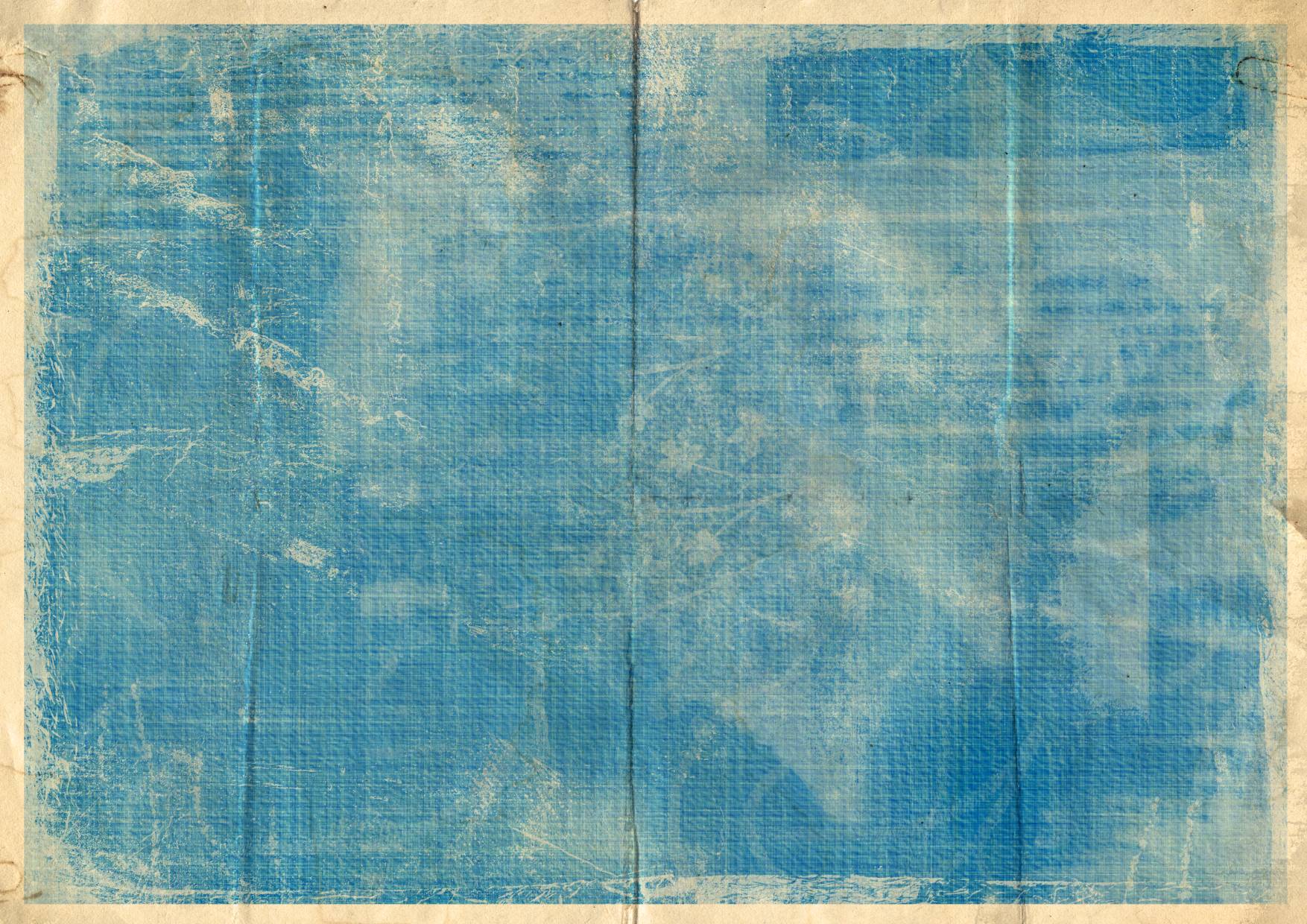Spooky Tooth - Ceremony (1969)
Reakce na recenzi:
 @ 12.03.2008 | #
@ 12.03.2008 | #
Znám velmi dobře všechna řadová alba Spooky tooth, poslouchám je vždycky s velkým nadšením poté, co jsem si některá dlouho a pracně sháněl po různých bazarech, ale některá byla nutná speciálně objednávat. Album Ceremony vnímám každopádně tak, že v diskografii kapely, ale dovolím si říci i v hudební historii má význačné postavení, přesto, že jej nikdy nebude poslouchat a neocení většinový posluchač ani zatvrzelý rocker. Spojení psychedelic-rocku a progesivních experimentů je na svojí dobu (r. 1969) velmi odvážný počin. A to i přesto (nebo právě proto), že než vůbec uslyšíte první tón kytary v Jubilation, musíte se proposlouchat několika minutami prapodivných vzdechů navozujících strašidelné pocity nebo ne pro každého stravitelným experimentováním s kovovými tyčemi v Confussion. Prayer je podle mého názoru jednoznačně nejpůsobivější skladbou alba a bez váhání bych jí zařadil na The best of Spooky Tooth. Díky ní se člověk dostává do zcela jiných dimenzí. Ani zbylé tři dosud nejmenované skladby nejsou určitě jen do počtu. Nutné ocenit hlavně to, jak silně působí album jako celek. Pro mě je Ceremony hudební revolucí. Ať si říká kdo chce, co chce...
:D @ 11.10.2010 16:58:48 | #
3rd album by the excellent British band Spooky Tooth and definitely one of the boldest and daring experiments in Rock music not only at the time, but since, when the band decided to cooperate on this project with French avant-garde electronic music composer Pierre Henry, whose "musique concrete" was at the forefront of contemporary Classical music's quest for new areas of development. The band's main composer, vocalist and keyboardist Gary Wright wrote six new compositions, which together formed a sort of religious Rock Mass, which the group recorded in UK, shortly after replacing the original bassist Greg Ridley (who went to form Humble Pie) with Andy Leigh. Considering the group was in top form, following the recording of their excellent second album, the music they recorded is absolutely stunning and the level of musicianship is truly astounding. After the recording was completed, the tape was sent to France, where Henry overdubbed the group's music with his electronic contributions. The resulting amalgam turned out to be one of the most controversial recordings of the era, tearing the band apart as a result and invoking heated discussions amongst the critics and fans alike. If one might speculate a bit, probably the group's music released without Henry's overdubs would have been considered as their greatest achievement, but since that never happened, we might never know. In fact I'm still hoping that such version of the album will be available one day, at least in the form of bonus material. Still, this is definitely an intriguing piece of music, which deserves to be listened to and studied, not only by the band's hard-core fans but by any music fan with broad horizons.

